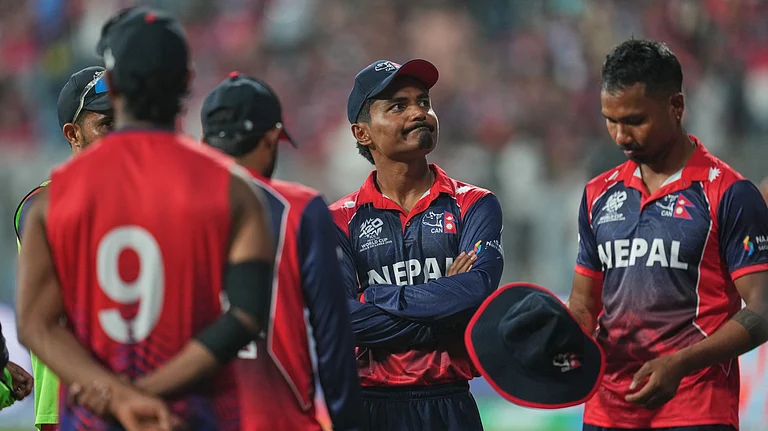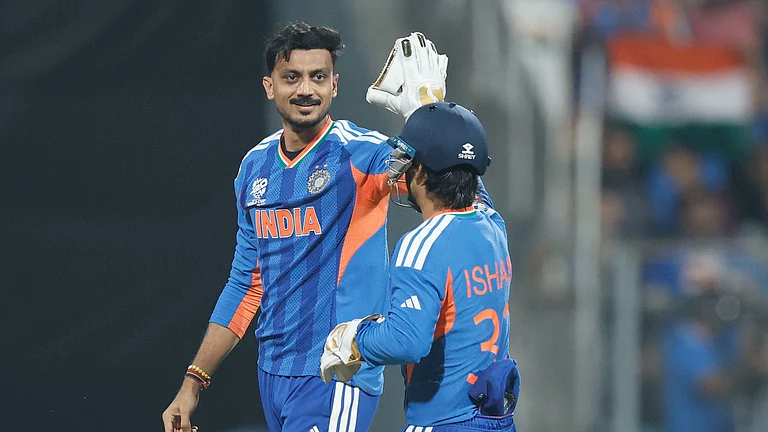Media reports about mass exodus of migrant workers amid the third wave of the pandemic were untrue and states have been asked to be wary of rumour mongering on this issue, Parliament was informed on Thursday.
"21 monitoring centers have been activated across the country by office of Chief Labour Commissioner (Central). The states have also been asked to be wary of rumour mongering on exodus and take quick steps to counter such rumours. They have been advised to reassure migrant workers regarding their safety, security and livelihood," Union Labour Minister Bhupender Yadav said in a written reply to the Rajya Sabha.
The minister told the House that some media reports of mass exodus regarding movement of migrant workers to their home states were found to be untrue and it was also noticed that some of the news items were based on old photographs.
State governments have informed that barring night curfews and weekend curfews at few places in some states/UTs, there were no restrictions on construction activities, business activities, running of shops and industrial activities in the country, he stated.
So far, there is no report of unusual movement of migrant workers owing to the restrictions imposed by state/UT governments, he added. In view of the prevailing pandemic situation arising out of Omicron variant, Secretary, Ministry of Labour & Employment chaired a coordination meeting with states/UTs on January 12, 2022 to take stock of their preparedness in respect of workers in general and migrant workers in particular.
Additional chief secretaries, principal secretaries, secretaries of State Labour Departments and labour commissioners of all states/UTs and officers of Ministry of Railway and Department of Food and Public Distribution participated in the meeting.
The minister told the House that the central as well as state governments are keeping a close watch on the situation and fully prepared to tackle it as it unfolds. Restriction of 50 per cent attendance has been imposed by some state governments in few places. Most of the state governments have already made plans for distributing rations to the needy labourers, if required.
Some have made preparations to provide financial assistance from the building and other construction workers (BOCW) cess fund and social security fund available with states, he stated. Railways is also keeping a close watch on the situation particularly at major railway stations like Mumbai, Delhi, Chennai, Kolkata, Bengaluru and Secundrabad etc. and ready to provide special trains in case the situation demands.
All states/UTs have been advised to keep a close liaison with the local railway authorities, he added. The minister told the House that state governments are keeping a close watch to look after the interests of the migrant workers and are fully ready to provide all assistance to prevent any hardship to the workers.
Both the labour supplying states and the labour receiving states have been advised to work in close coordination to tackle any migrant workers' situation, if need arises, he said. He informed the House that over 24 crore unorganised workers have registered themselves on e-shram portal.
All state/UT governments have been requested to put in place a mechanism to maintain a record of migrant workers. They have also been advised to register all the migrant workers who have not registered themselves on e-shram portal as yet, in order to facilitate state governments to plan and deliver social security benefits to migrant workers at appropriate time, he stated.
With inputs from PTI.


























